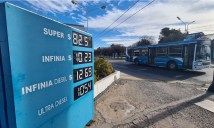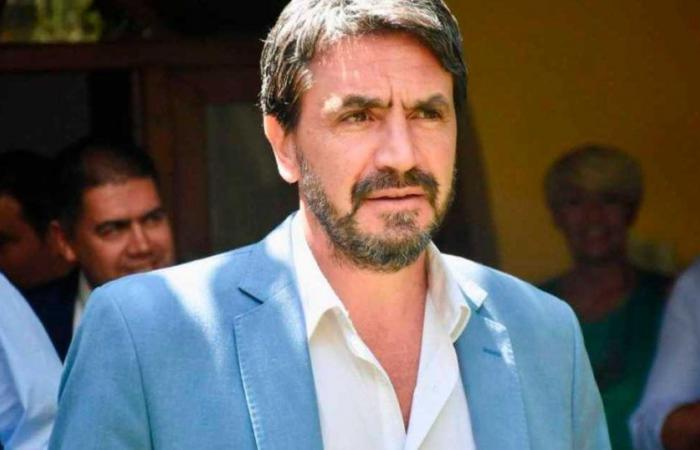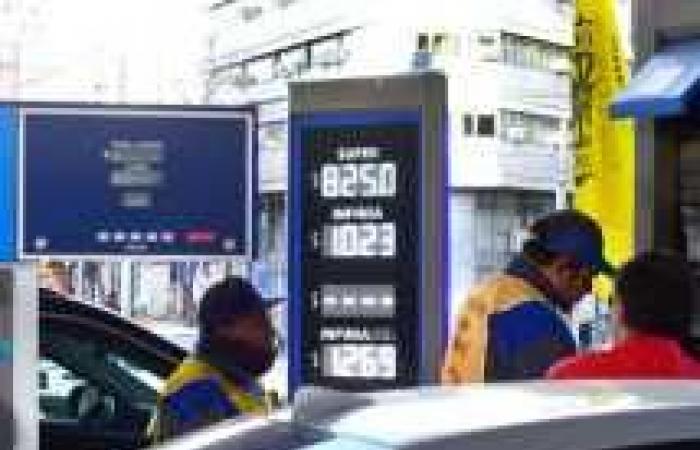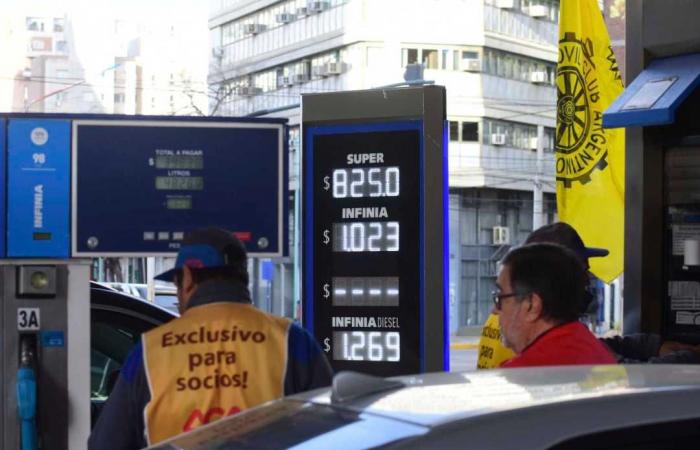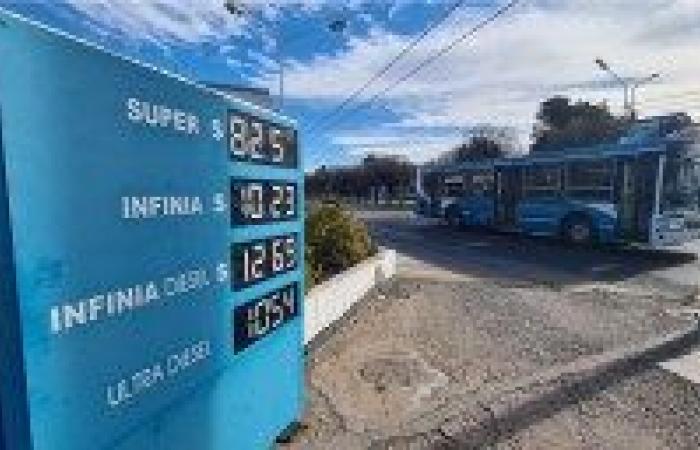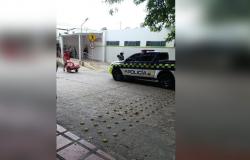The collection of The road tax “was vital for urban transport“We are allocating 100% to that,” said the mayor of San Martín de los Andes, Carlos Saloniti. On May 5, the application of the municipal tax in the city began and the communal chief indicatedeither thatjof the critics, The silent voices support the measure “because it has a venormous social value».
In the town, the company Expreso Los Andes won the tender about 10 years ago and operates with an extension that will expire in 2027. Per month, it accounts for 240,000 transactions and, as Saloniti described, the cost of the service exceeds 300 million pesos for the municipal budget.
He explained that with the removal of the national subsidy, 120 million pesos are contributed from own funds for the support of the group and that the rate totaled 74 million pesos in May. «We would have to see later behavior June, porque May It was a month of great economic slowdown throughout Argentina, “It was one of the worst months for collection,” he said.
He added that in the town hThere are 3 fuel stations and a fourth under construction. He clarified that May belongs to the low season months and that the sale of fuel doubles in the high season months, when there are lines of motorists at the pumps to charge.
“The reason for the road tax is the reduction of the national subsidy, when you are loading gasoline you collaborate with the public transport of the entire town”
Carlos Saloniti, mayor of San Martín de los Andes
The numbers of the mountain tourist town are not comparable with those of Neuquén capital, which has an estimated sales of 15 million liters of fuel, or Cipolletti (in Río Negro) which would add up to about 3 million liters per month. And it has public transportation that has an average of 120,000 daily transactions, with a budget of more than 2.7 billion pesos per month destined to solve the COLE system.
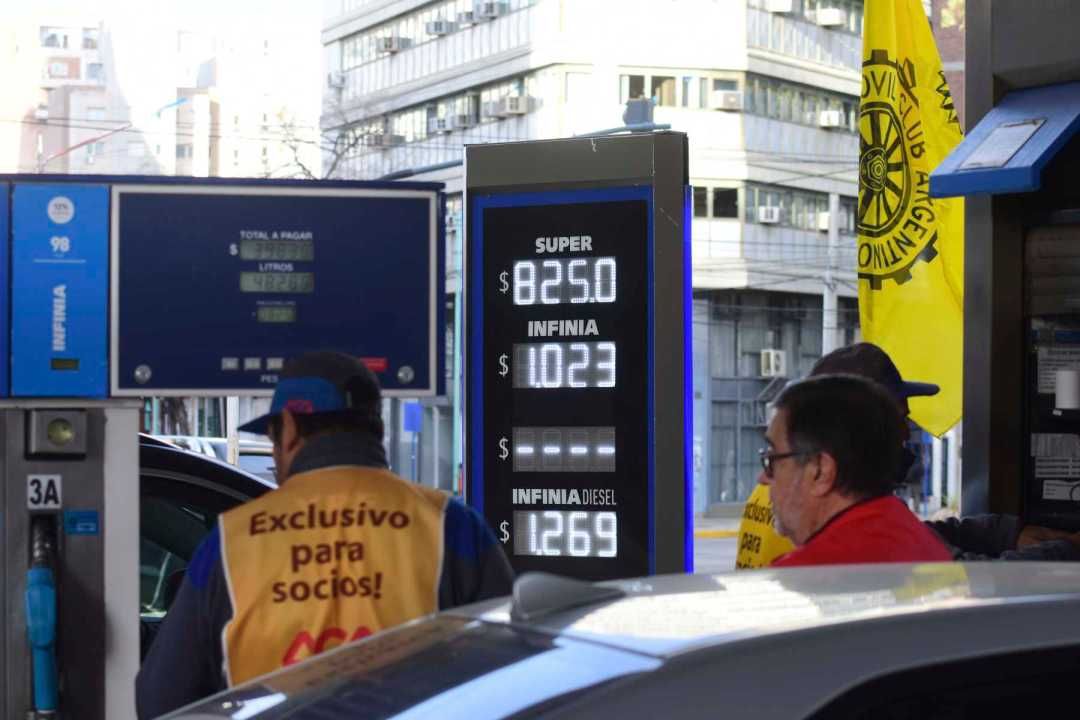
In Neuquén, the collection of the road tax began on Wednesday, 4 months after the ordinance was sanctioned and after a time of postponement of the beginning with political speculation obtain the return from the Nation of the distribution funds of public transport that They are only distributed in the City of Buenos Aires and the AMBA.
- 25 km
- extension to meet the needs of passengers
In San Martín de los Andes, the estimated sale in the low season is about 2,500 liters of fuel between the 3 suppliers.
Saloniti maintained that despite the doubts, the implementation of an unfriendly measure and the presentation of unconstitutionality made by the Gastronomic and Hotel Chamber (which is still without a resolution in the Superior Court of Justice) “there are many people in silence who support this solidarity measure, because the funds are sent directly to transportation, which is an essential service. We have a 25 kilometer radius of students who depend on the bus to go to school and people who come and go in the group to work, andAmong them are gastronomic workers, hotel employees, greengrocers, people who make a living from tourism and construction,” he defended.
Saloniti was in Neuquén together with the Secretary of Economy and Finance, Matías Consoli. There were several management meetings, among others, with Minister Julieta Corroza, of Human Development, Local Governments and Women for the 38 homes under construction in the mountain town.
